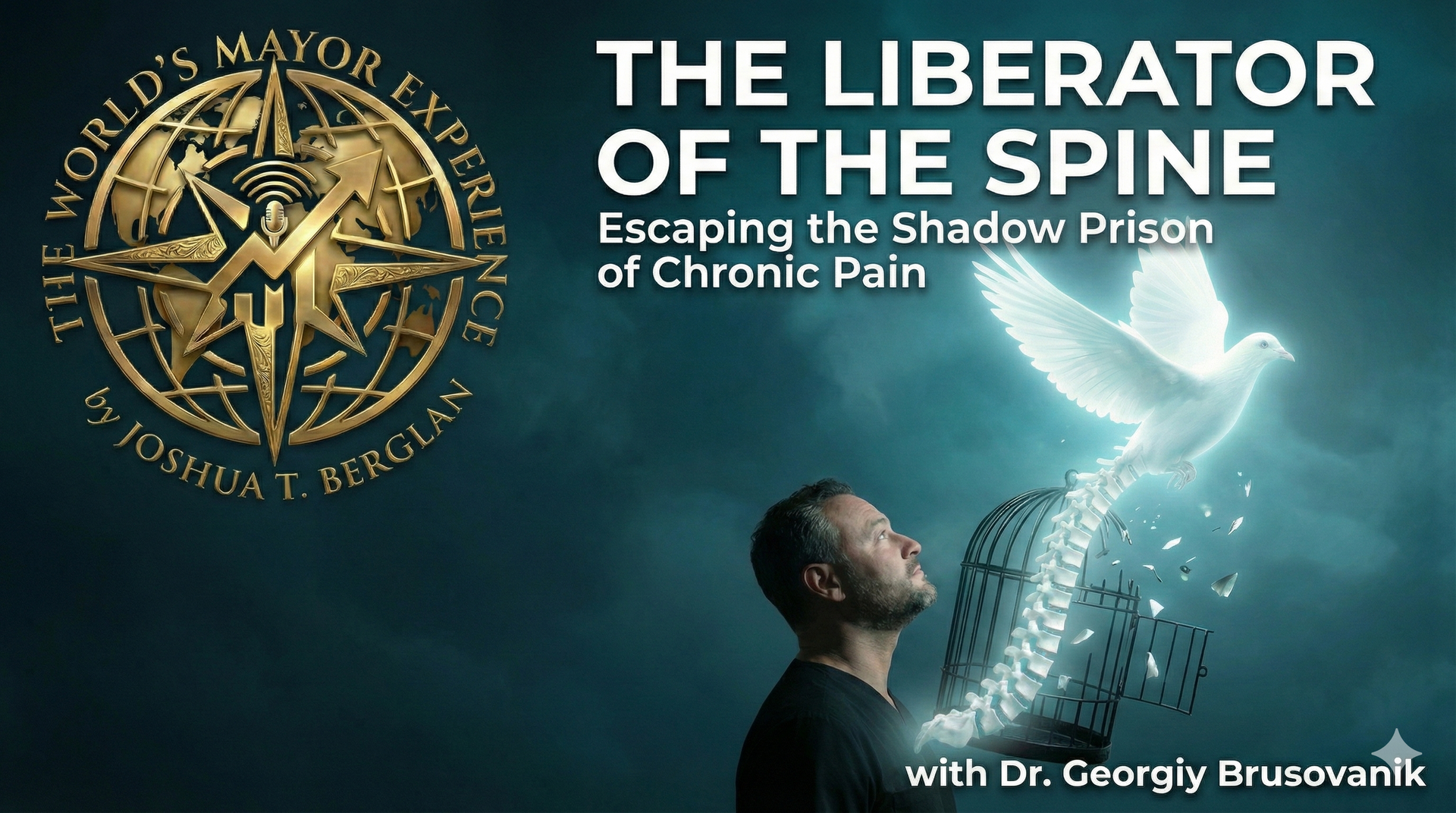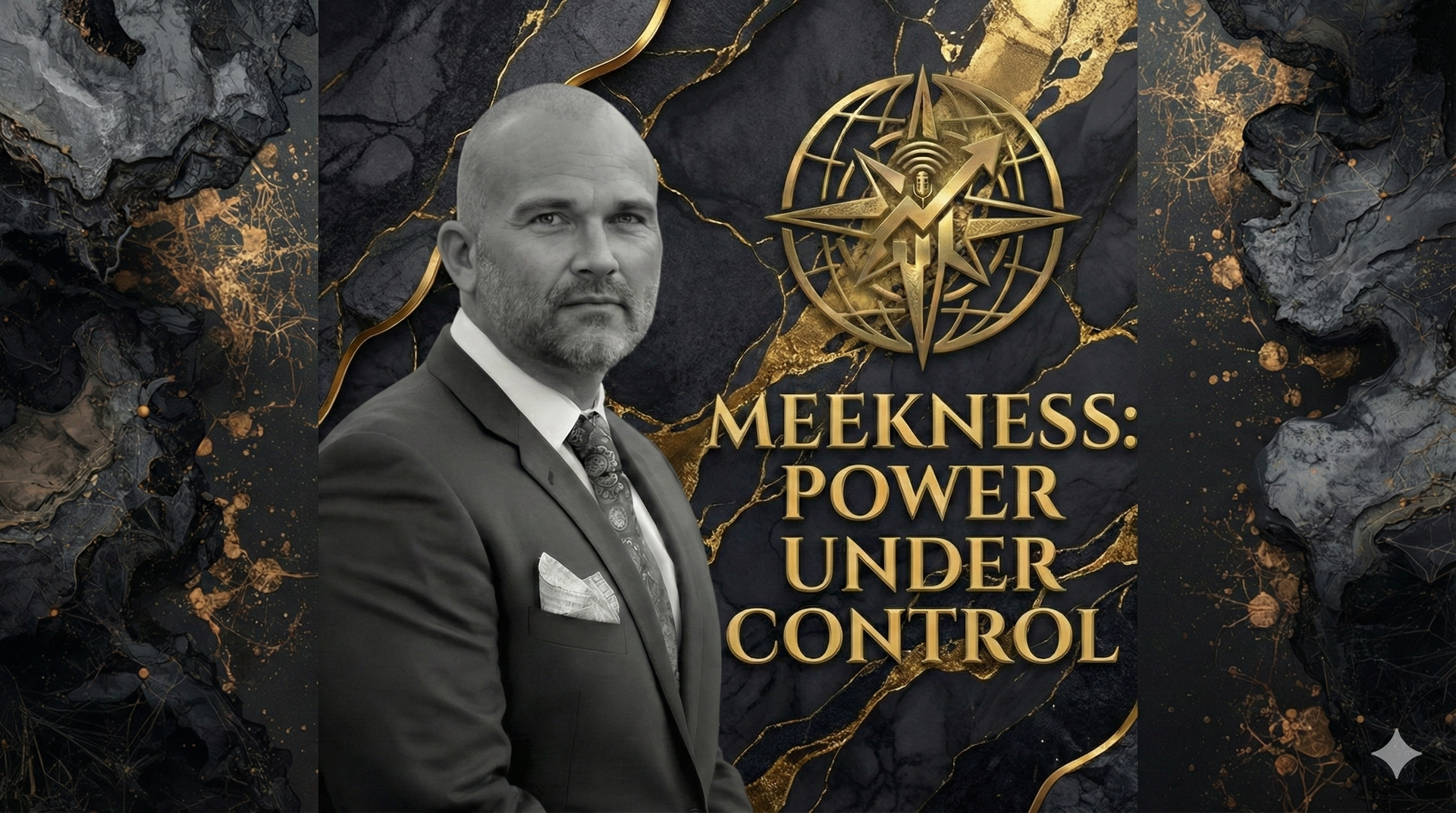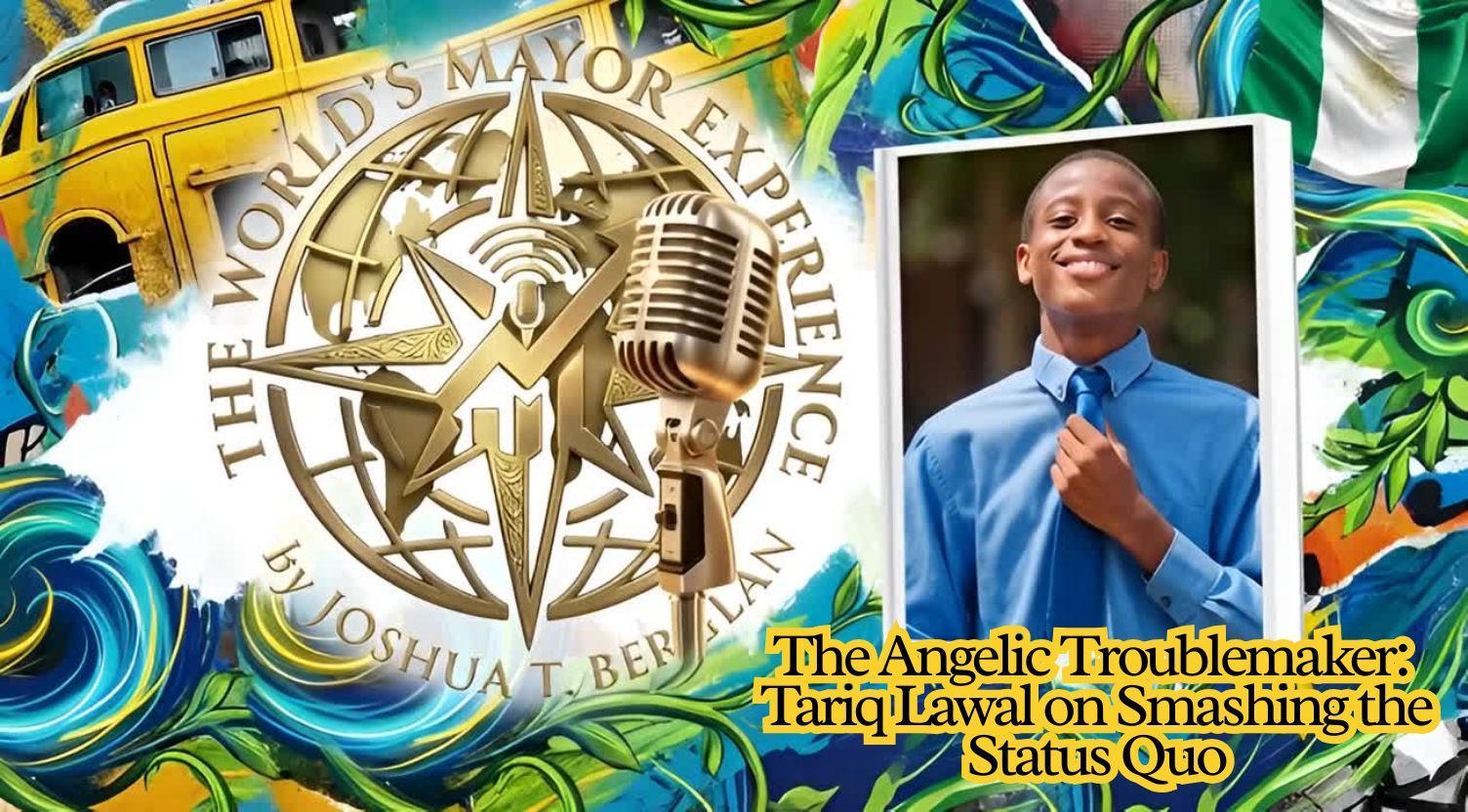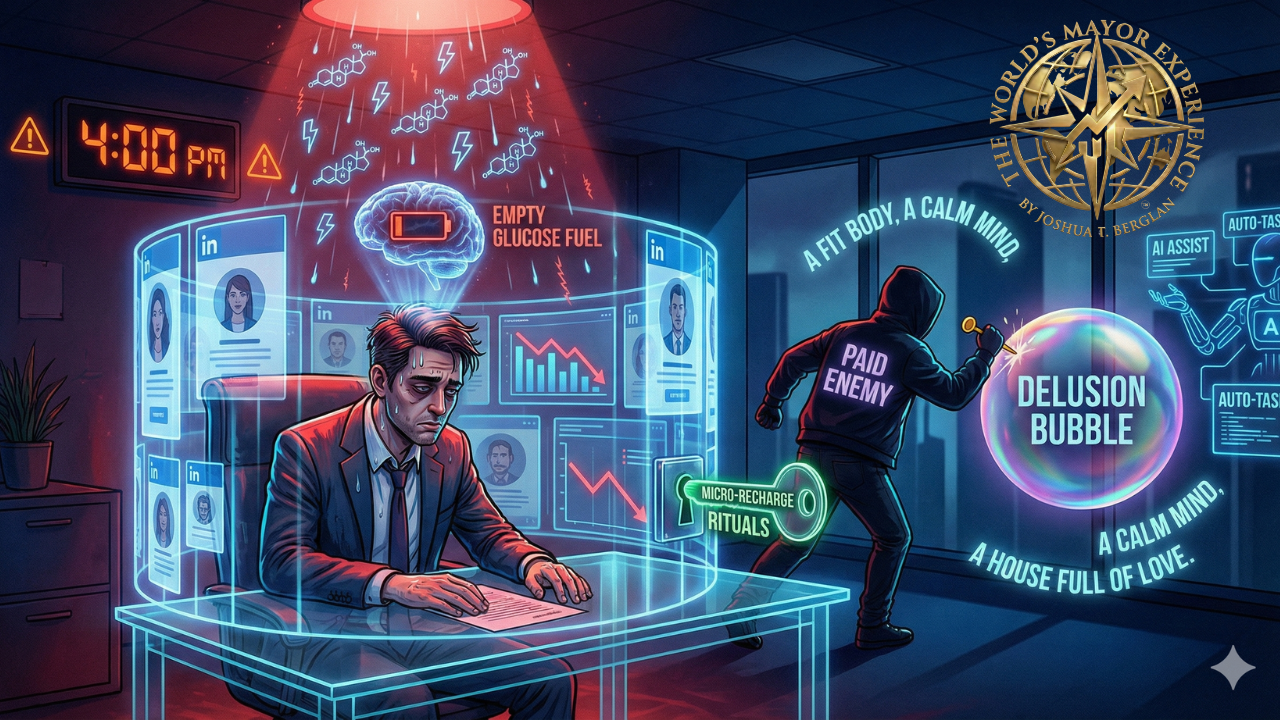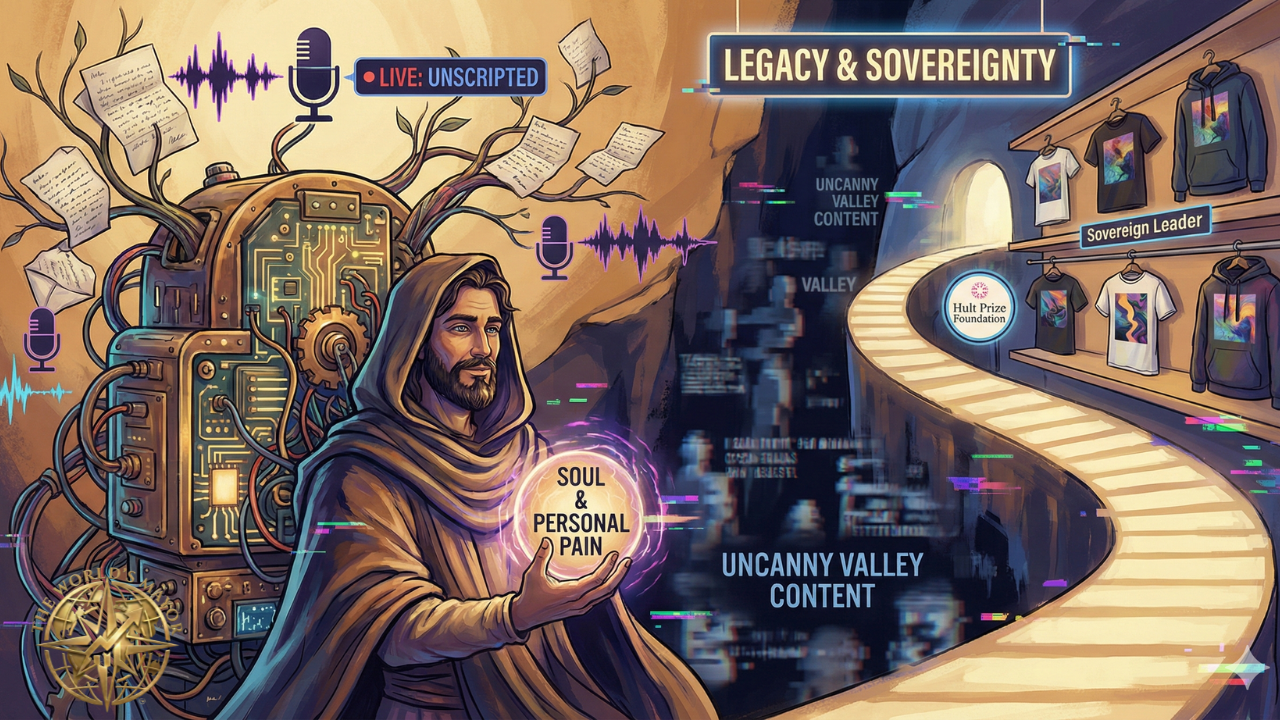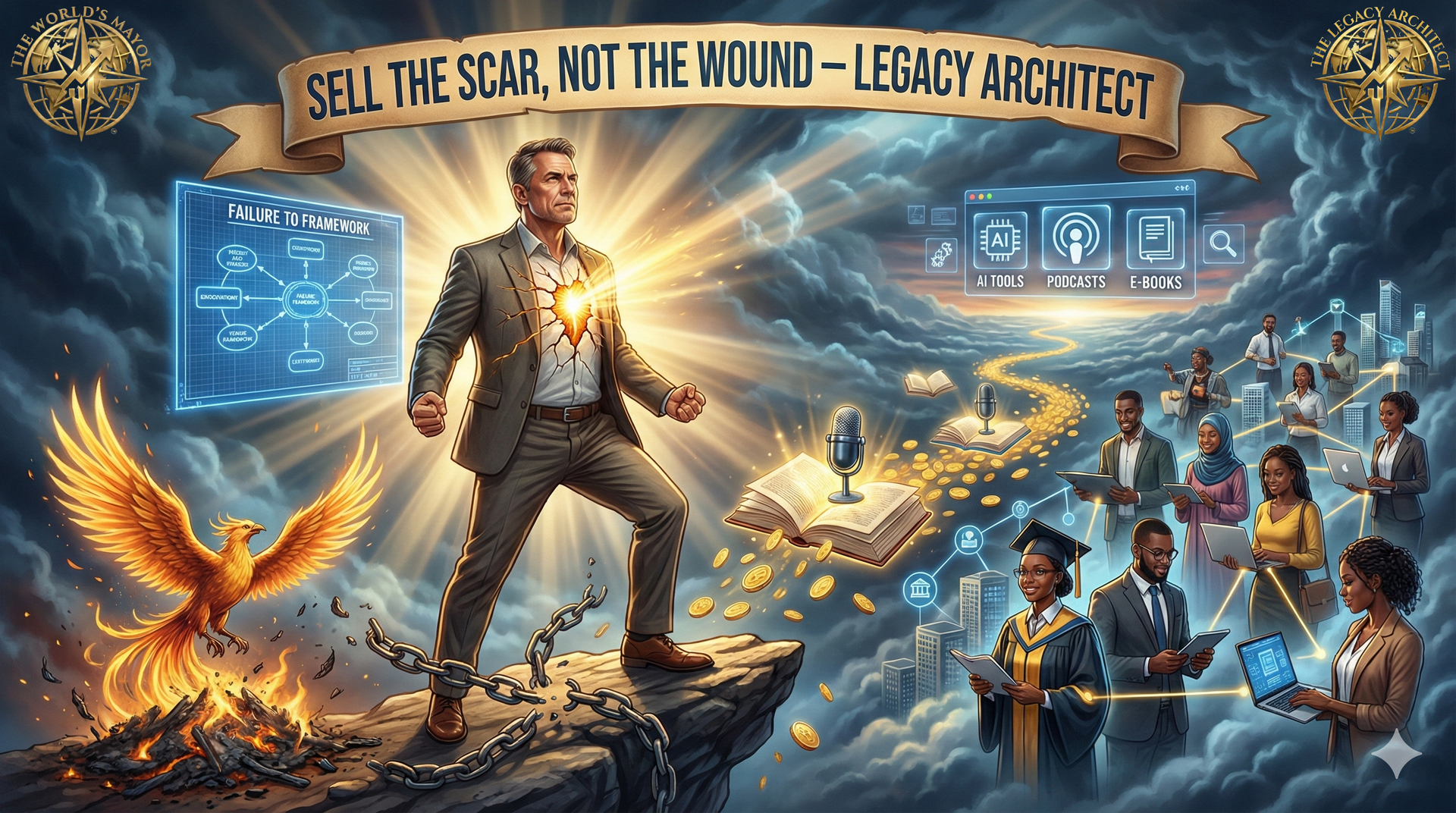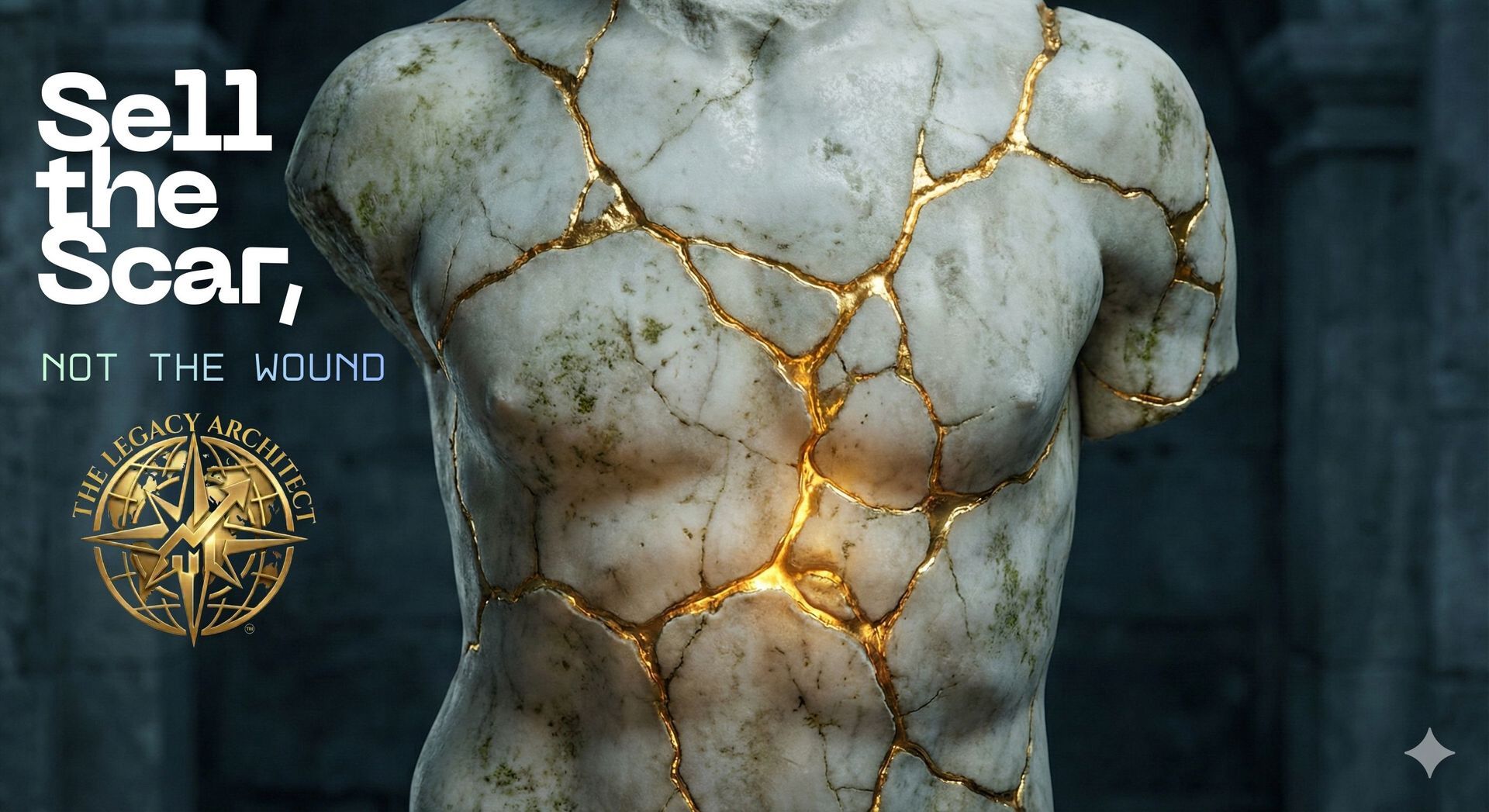Key Takeaways
- Authenticity and emotional connection are central to meaningful conversations.
- Terry Tucker's battle with melanoma highlights the importance of resilience and gratitude.
- Empathy and trust are crucial in both personal relationships and professional negotiations.
- Stories and personal experiences are powerful tools for teaching and inspiring others.
Exploring Authenticity and Emotional Connection
In this thought-provoking interview, I introduce Terry Tucker, a motivational speaker known for his authenticity and inspiration. The conversation delves into the genuine nature of motivational speakers, the compelling influence of narratives, and Terry's courageous battle with melanoma.
The Power of Resilience and Gratitude
Terry Tucker shares his wisdom on embracing obstacles and underscores the significance of channeling our unique gifts and talents. He emphasizes the importance of gratitude, even in the face of life's challenges, and how it has shaped his journey.
Empathy in Negotiations and Personal Relationships
As a former SWAT team hostage negotiator, Terry discusses the role of empathy in building trust and resolving conflicts. He explains how tactical empathy can help understand others' perspectives without necessarily agreeing with them—a skill that is invaluable in both professional and personal settings.
Lessons from Life's Challenges
Throughout the conversation, pivotal themes such as trust, truth, and emotional connection resound, offering viewers a profound perspective on life's fundamental elements. Terry's insights into emotional resilience and the power of stories leave a lasting impact.
Frequently Asked Questions
What is the main focus of the conversation between Joshua Berglan and Terry Tucker?
The conversation focuses on authenticity, resilience, emotional connection, and the power of storytelling in overcoming life's challenges.
How does Terry Tucker emphasize the importance of gratitude?
Terry highlights how gratitude for faith, family, and friends has been a cornerstone of his resilience during his battle with melanoma.
What role does empathy play in Terry's approach to negotiations?
Terry uses tactical empathy to build trust and understand others' perspectives, which is crucial in both hostage negotiations and personal relationships.
What can viewers learn from Terry Tucker's story?
Viewers can learn about the importance of resilience, the power of storytelling, and how to cultivate gratitude and empathy in their own lives.
Thank you for reading! If you found this blog insightful, please share it with others who might benefit from it.
Visit Terry Tucker's Website







